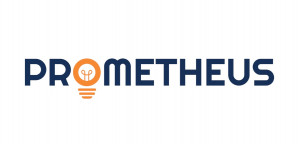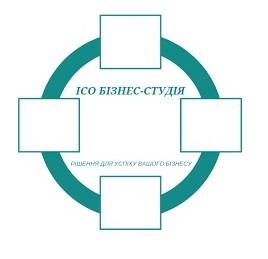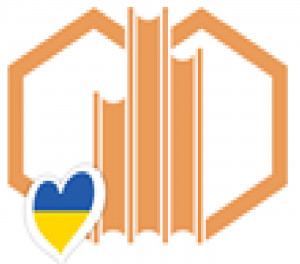According to “PROVISIONS ON THE PROCEDURE FOR RECALLING EDUCATION RESULTS (COURSE DISCIPLINES) IN THE ODESSA NATIONAL TECHNOLOGICAL UNIVERSITY” applicants have the right to include the results of non-formal education in the educational process.
Informal and informal education, as a rule, is organized in the form of short-term courses, master classes, seminars, etc. The main goals of such education are to satisfy the personal and cognitive needs of its participants.
Learning results obtained through non-formal and/or informal education are recognized in the formal education system in the manner determined by legislation.
The right to recognition of the results of training in non-formal education extends to students of all levels of education at ONTU.
Types of non-formal and informal education:
– professional courses/trainings are trainings and/or seminars for improving qualifications and/or acquiring new skills. As a rule, professional courses are held in short periods and in “coworking space” conditions.
– public education – projects aimed at broad segments of the population, especially young people, to fulfill their role as active citizens.
– online education is an Internet course with large-scale interactive participation and open access via the Internet to both listeners and speakers. In addition to traditional course materials such as videos, readings, and homework, online education provides the opportunity to use an interactive user forum that helps build a community of students, teachers, and stakeholders.
– motivational lectures – training that is based on the presented best practices and achievements of the speaker, discussions on the practical application of the skills acquired during training.
Recognition of learning outcomes in non-formal and/or informal education is allowed for disciplines included in the individual curriculum.
The student of education applies to the dean of the faculty (director of the professional college, head of the department of postgraduate and doctoral studies) with a request for recognition of the results of training in non-formal and/or informal education. The application can be accompanied by any documents (certificates, certificates, etc.) that confirm the skills acquired by the student during his studies.
The dean of the faculty (director of the professional college, head of the department of postgraduate and doctoral studies) together with the guarantor of the educational program determines the academic discipline offered for re-enrollment based on the recognition of the results of training in non-formal and/or informal education , or reasonably refuses this possibility.
In order to recognize the results of training in non-formal and/or informal education, an expert commission consisting of three people is formed by order of the dean of the faculty (director of the professional college, head of the department of postgraduate and doctoral studies): – dean of the faculty (deputy director for educational and methodological work of the vocational college, head of the department of postgraduate and doctoral studies); – the head of the department (chairman of the cyclical commission), under which a certain educational discipline is established, which are offered for re-enrollment on the basis of recognition of the results of training in non-formal and/or informal education; – one of the teachers who teaches the same or a related academic discipline.
The expert commission considers the application of the student of education, examines the submitted documents, if necessary, conducts an interview with the student and either recalculates the study results or assigns certification.
If the commission deems it necessary to carry out an attestation, the student of education is introduced to the program of the academic discipline and the list of questions that will be submitted for the final assessment. In this case, the applicant is given 10 working days to prepare for certification. The commission issues a final assessment based on the ONTU and EKTS scale. If the applicant received less than 60 points, the results of training in non-formal and/or informal education will not be credited to him.
According to the results of the work, the expert commission forms a protocol, which contains a conclusion on the enrollment or non-enrollment of the relevant discipline (discipline credits). Protocols are kept for 5 years.
When re-enrolling an academic discipline in accordance with the decision of the expert commission, the name of the discipline, the total number of hours/credits, the grade and the reason for re-enrollment (protocol number of the expert commission) are entered into the applicant’s educational card. The applicant is exempted from studying the re-enrolled discipline in the next semester.
In the event of a negative conclusion of the commission regarding the recognition of study results, the applicant has the right to apply for an appeal to the rector of the university. By order, the rector creates an appeal commission consisting of the dean of the faculty (the director of the professional college, the head of the department of postgraduate and doctoral studies) and the teachers of the department (cycle commission) who were not part of the expert commission. Within 5 working days, based on the results of the review of the complaint, the appeals commission makes a reasoned decision on full or partial satisfaction of the complaint or on leaving the submitted complaint unsatisfied.
RECOMMENDED PLATFORMS FOR INFORMAL EDUCATION OF APPLICANTS EP “TECHNICAL THERMAL PHYSICS AND INDUSTRIAL THERMAL ENERGY”
| PROMETHEUS |  |
| ISO BUSINESS STUDIO
|
 |
| PRO CLUB |  |
| SGS UKRAINE
|
 |
| ONTU PUBLICATIONS COORDINATION CENTER |  |
| Kotekna Ukraine Limited |  |
